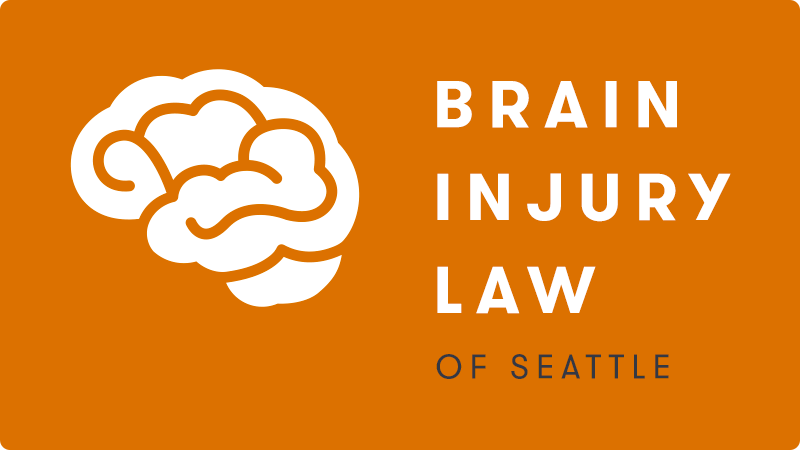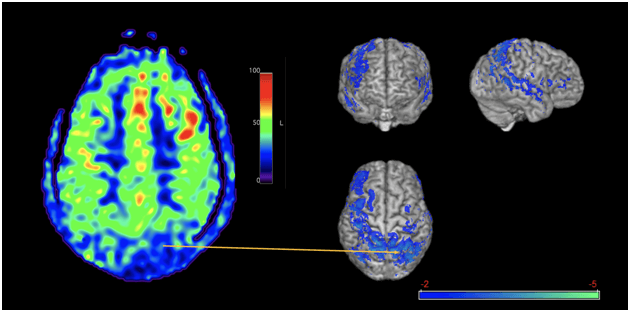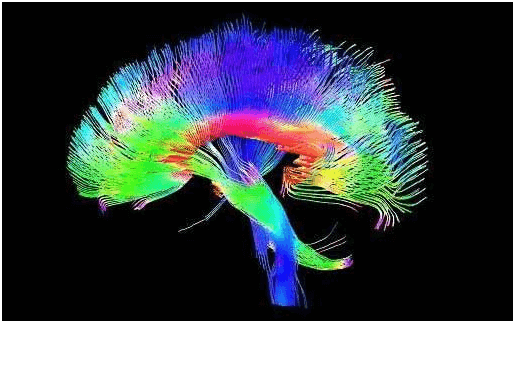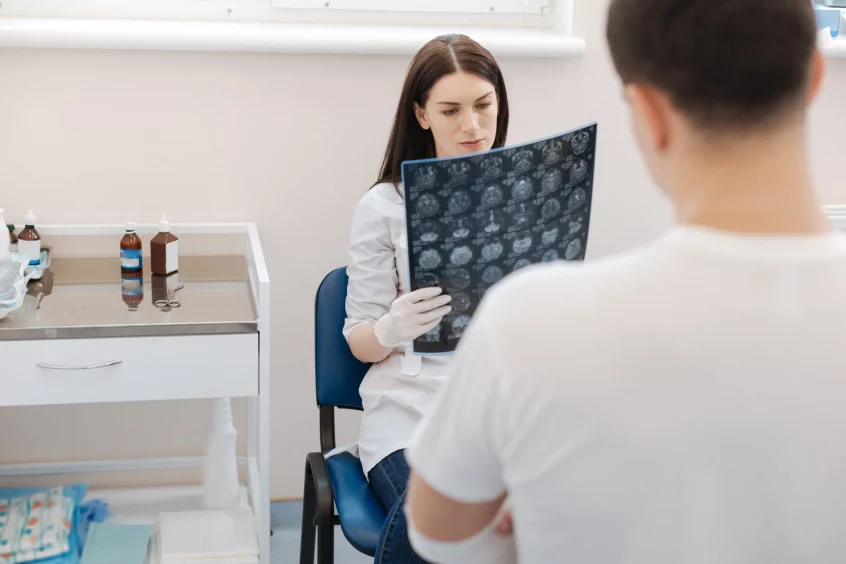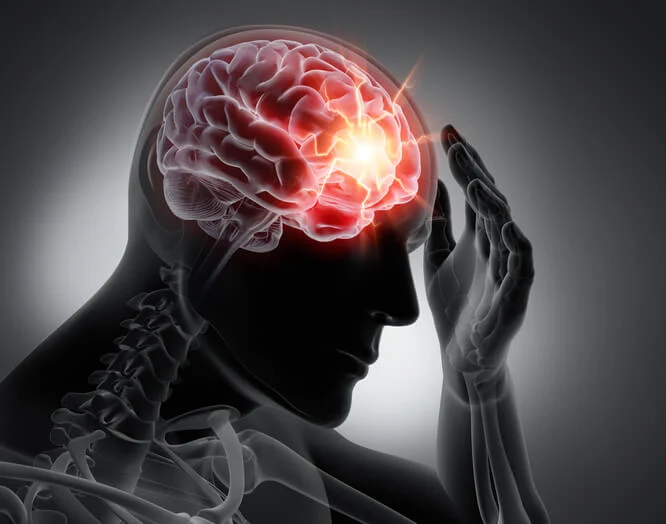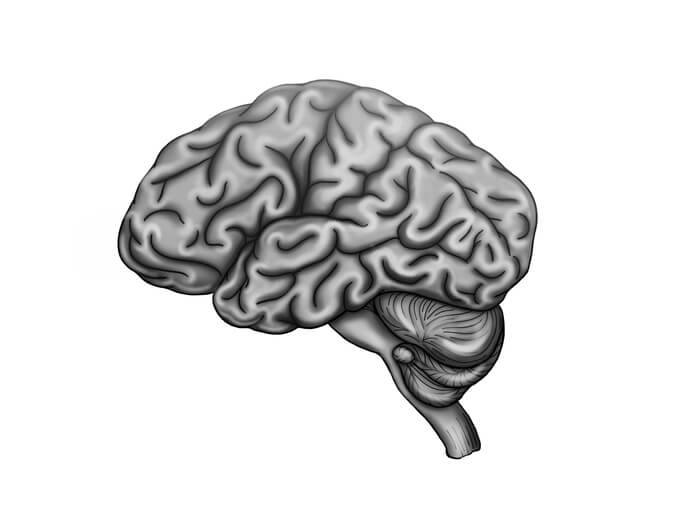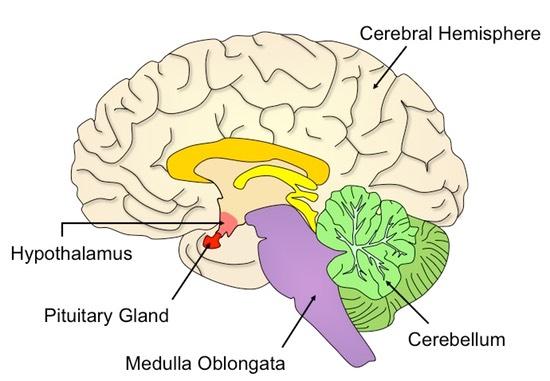Experiencing sleep issues following a traumatic brain injury is a very common experience. TBI-related sleep issues may become a chronic condition and result in extreme drowsiness during the daytime, insomnia, and heightened anxiety. A TBI-caused sleeping disorder can greatly disrupt and diminish your quality of life in a number of ways. For example, victims of TBI-caused sleep disorders may be … Read More
WHAT IS A VOLUMETRIC ANALYSIS OF THE BRAIN?
A volumetric analysis of the brain is very straightforward. We know that certain things such as aging, brain injury, stroke and dementia can cause a reduction in the size of certain parts of the brain. VOLUMETRIC BRAIN MRI Medical science has over the past 25 years been able to perform numerous MRI studies of the brain on thousands of individuals … Read More
HOW CAN ARTERIAL SPIN LABELING (ASL) HELP OBJECTIVELY DOCUMENT BRAIN INJURY?
Arterial Spin Labeling (ASL) had been used for nearly 25 years now by neurologists and radiologists to help diagnose strokes, dementia, and other brain conditions that affect blood flow to the brain. For these conditions its use had been well accepted in the medical community. CLINICAL UTILITY OF ARTERIAL SPIN LABELING FOR BRAIN INJURY How ASL MRI works is fairly straightforward. Blood … Read More
HOW CAN DIFFUSION TENSOR IMAGING MRI HELP OBJECTIVELY DOCUMENT A BRAIN INJURY?
How it works: First, let’s be honest. Fully understanding Diffusion Tensor Imaging MRI requires a good understanding of physics and radiology. Because I am not a master of either, I am going to try and explain DTI MRI in layman’s terms as much as possible so you can understand the basic concepts without making your eyes glaze over by getting … Read More
HOW TO DEAL WITH SOMEONE WITH A BRAIN INJURY
Suffering a TBI can result in life-altering physical and mental handicaps as well as a lengthy brain injury recovery period. If you have a loved one who has recently suffered a TBI and you are looking for ways to help them with their traumatic brain injury recovery, continue reading to learn all about TBI recovery. HOW TO HELP A LOVED … Read More
BRAIN INJURIES REHABILITATION
Brain injuries are not something that should ever be taken lightly, since traumatic brain injuries can result in permanent pain, disability, mental decline, and even death. If you suspect that you or someone you know has suffered a brain injury, it’s essential you take measures to mitigate the effects of the injury by seeking out qualified brain injury rehabilitation. Continue … Read More
TBI VS CONCUSSION
Concussion vs TBI, which one’s worse? If you’ve recently suffered a head injury and are trying to figure out what your legal and medical options are, this article is for you. While we discuss the differences between a traumatic brain injury vs concussion, it’s important to keep in mind that both require immediate medical attention and should be cared for … Read More
SYMPTOMS OF ANOXIC BRAIN INJURY & HYPOXIC BRAIN INJURY
Anoxic and hypoxic brain injuries are generally very severe and deserve thorough treatment and attention. When the brain’s health is compromised, the rest of the body is not at liberty to thrive. If you suspect that you or someone you know is suffering from an anoxic or hypoxic brain injury, this blog post will introduce you to some of the … Read More
HOW THE ADVANCEMENT OF TRAUMATIC BRAIN INJURY TECHNOLOGY CAN HELP YOUR CASE
Have you been diagnosed with a brain injury? Or are you suffering from any of the following symptoms associated with traumatic brain injury? Mood swings Depression Memory loss or loss of cognitive function Speech or word recall difficulties Fatigue Loss of motor skills Sexual dysfunction If you’ve suffered a head injury, it is also possible you may also be displaying very … Read More
Pituitary Gland Damage Symptoms & Causes
Perhaps you’ve recently been diagnosed with a brain injury. Whether you have sustained a concussion in a car accident, a blow to the head, or some other type of traumatic injury, you have found yourself getting treatment. Yet, despite the care your doctors have offered, you find you’re losing focus at work, suffering from a lack of energy, and exhausted … Read More
